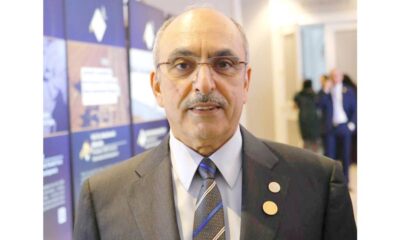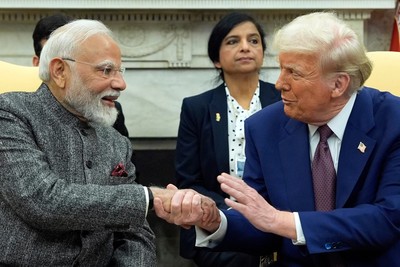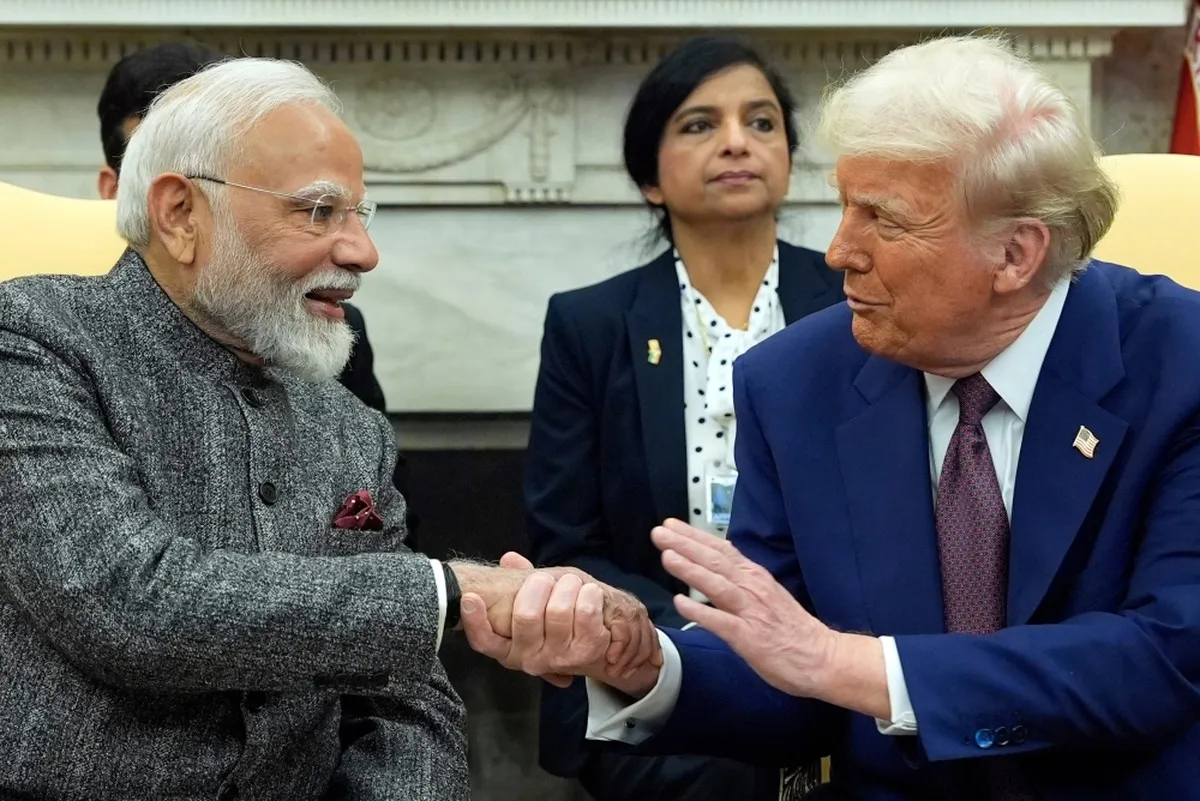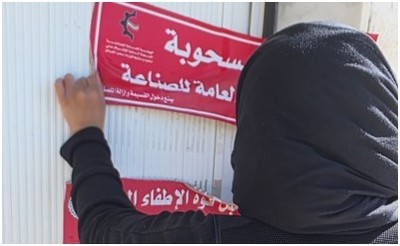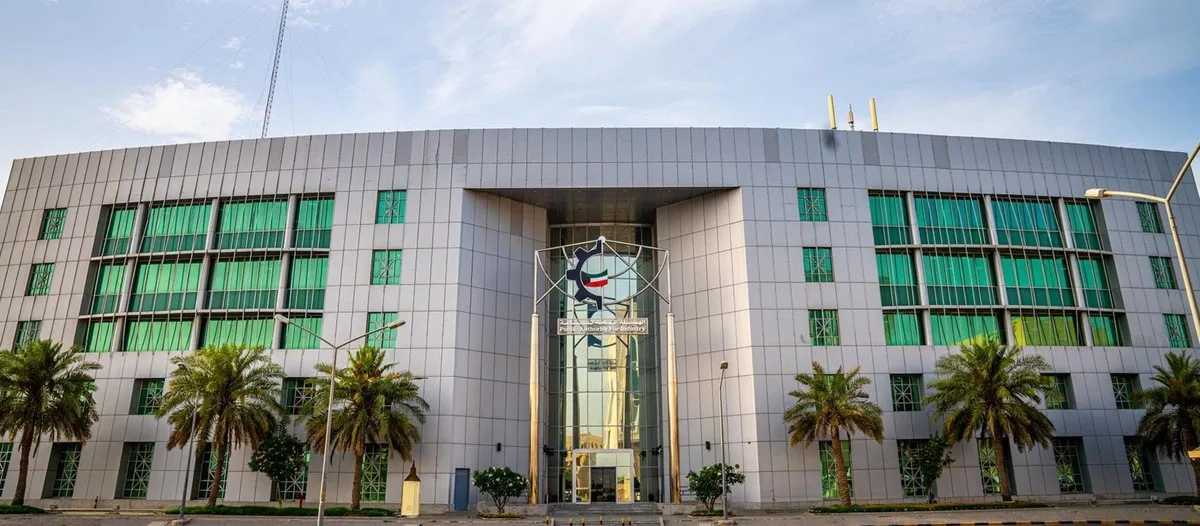KUWAIT CITY, Oct 16: Hong Kong is strengthening its economic, diplomatic, and cultural engagement with Kuwait, building on a rapidly expanding partnership that has gained momentum over the past four years. Since the establishment of the Hong Kong Economic and Trade Office (HKETO) in Dubai, bilateral exchanges between Hong Kong and Kuwait have grown significantly, encompassing trade, investment, education, innovation, and tourism.
Chief Executive John Lee’s Landmark Visit to Kuwait
A major milestone in Hong Kong–Kuwait relations was marked in May 2025, when Hong Kong’s Chief Executive, Mr. John Lee, led a high-level delegation to Kuwait to deepen cooperation across multiple sectors. The visit — Mr. Lee’s first overseas mission leading both Hong Kong and Mainland Chinese enterprises — underscored Hong Kong’s strategic role under the “One Country, Two Systems” principle, serving as a bridge between Mainland China and the world.
During his visit, Mr. Lee received state-level hospitality and held meetings with His Highness the Amir, the Crown Prince, and the Acting Prime Minister of Kuwait, as well as senior government ministers and leading business figures. The mission resulted in the signing of 24 memoranda of understanding (MoUs) and cooperation agreements between government bodies, enterprises, and organisations from Hong Kong, Mainland China, and Kuwait.
These agreements covered a wide range of fields, including trade, investment, finance, technology, legal cooperation, aviation, logistics, and higher education, marking a new era of strengthened collaboration and mutual growth. Both sides reaffirmed their commitment to deepening economic and people-to-people ties and expanding cooperation under the Belt and Road Initiative framework.
Strong Economic and Trade Relations
Kuwait remains one of Hong Kong’s most valued trading partners in the Middle East. In 2024, bilateral trade in goods reached HK$1.9 billion (US$0.2 billion). Officials from the Hong Kong SAR Government have expressed optimism that this figure will continue to grow in the coming years.
The relationship is anchored by two key agreements — the Comprehensive Double Taxation Agreement (CDTA) and the Investment Promotion and Protection Agreement (IPPA) — which make Kuwait the first member of the Gulf Cooperation Council (GCC) to formalize such frameworks with Hong Kong. These agreements enhance transparency, ensure fair treatment for investors, and provide legal safeguards that encourage greater business flows.
Building on this foundation, Hong Kong is exploring opportunities to develop a Free Trade Agreement (FTA) with the GCC, which could open new avenues for investment, industrial cooperation, and market access across the Middle East.
Hong Kong as a Gateway for Kuwaiti Businesses
Positioning itself as a “super-connector” and “super value-adder,” Hong Kong plays a unique role in linking the Chinese Mainland, ASEAN, and global markets. Under the “One Country, Two Systems” framework, Hong Kong maintains an open, international business environment and world-class infrastructure, making it an ideal gateway for Kuwaiti businesses seeking access to Mainland China and the broader Asia-Pacific region.
As Kuwait pursues its Vision 2035 to diversify its economy and develop into a regional financial and innovation hub, Hong Kong offers strong partnership potential in fields such as finance, fintech, renewable energy, logistics, biotechnology, transportation, and smart city solutions.
Hong Kong also offers extensive opportunities for Kuwaiti enterprises to participate in Mainland China’s major national strategies, including the Belt and Road Initiative and the Guangdong–Hong Kong–Macao Greater Bay Area (GBA) — both of which are key drivers of China’s next stage of growth.
Hong Kong’s Innovation and Technology Ecosystem
Hong Kong continues to evolve into a global hub for innovation and technology (I&T). The city is home to five of the world’s top 100 universities, world-class research institutions, and over 4,700 startups, backed by robust policy support and access to Mainland funding.
The government’s efforts are further strengthened by new initiatives outlined in Chief Executive John Lee’s 2025 Policy Address, which includes the HK$3 billion Frontier Technology Research Support Scheme. The program aims to attract top international researchers in artificial intelligence (AI) and frontier technologies to conduct advanced research in Hong Kong.
Kuwaiti researchers, entrepreneurs, and I&T firms are encouraged to participate in these initiatives to leverage Hong Kong’s expertise, infrastructure, and global networks for technological advancement and expansion into Asian markets.
Policy Measures to Attract Global Investment
To further consolidate Hong Kong’s position as a global investment hub, the HKSAR Government has introduced comprehensive incentive packages to attract high-value industries and international investors. These include tax exemptions, financial subsidies, and land grants to encourage businesses to set up operations in Hong Kong.
Other measures include the development of a regional gold reserve hub, a central gold clearing system, and an enhanced Capital Investment Entrant Scheme, which has lowered the investment threshold for residential properties to HK$30 million (US$3.86 million). Additionally, the government plans to establish the Northern Metropolis University Town to position Hong Kong as a regional hub for education and global talent attraction.
Hong Kong’s Economic Performance and Global Rankings
Hong Kong continues to lead the world in economic freedom and competitiveness. According to the Fraser Institute’s Economic Freedom of the World Report 2025, Hong Kong retained its position as the world’s freest economy and ranked first globally in “freedom to trade internationally.” The IMD World Competitiveness Yearbook 2025 placed Hong Kong third overall, while the IMD World Talent Ranking ranked it fourth globally and first in Asia, reflecting its strength in human capital development.
In the second quarter of 2025, Hong Kong’s real GDP grew by 3.1% year-on-year, supported by robust exports, a buoyant stock market, and improving domestic demand. The city also dominated global financial markets, ranking first worldwide in IPO fundraising, with 53 new listings raising HK$127 billion in the first seven months of the year — a sixfold increase compared to 2024.
Tourism, Cultural Exchange, and Muslim-Friendly Development
Hong Kong is also emerging as a top destination for Muslim travellers, with recognition as the “Most Promising Muslim-Friendly Destination of the Year” in the Global Muslim Travel Index. The number of halal-certified restaurants has nearly doubled to 190 since 2024, while more than 60 hotels, attractions, and convention venues have earned Muslim-friendly certification. Visitor arrivals from Gulf countries surged 70% year-on-year in 2024, reflecting strong travel recovery and growing cultural exchange.
Beyond Muslim-friendly tourism, Hong Kong continues to offer a rich blend of East and West — from luxury shopping malls and bustling street markets to cultural landmarks like the M+ Museum, the Hong Kong Palace Museum, and Kai Tak Sports Park, the city’s new state-of-the-art sports complex. With attractions such as Hong Kong Disneyland, Ocean Park, and world-class horse racing, Hong Kong remains one of Asia’s most dynamic and diverse tourist destinations.
Looking Ahead
Hong Kong’s engagement with Kuwait embodies a shared vision of economic diversification, innovation, and global connectivity. As both economies advance their long-term development strategies, collaboration in trade, finance, education, and technology will remain central to their partnership.
The strong diplomatic ties, supported by a robust network of trade agreements, strategic initiatives, and people-to-people exchange, are expected to take Hong Kong–Kuwait relations to new heights in the years ahead.
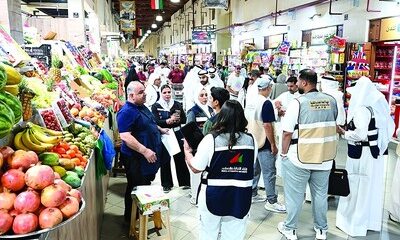
 Politics22 hours ago
Politics22 hours ago
 Latest News19 hours ago
Latest News19 hours ago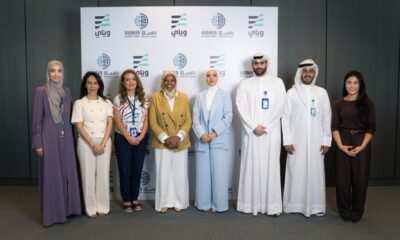
 Latest News24 hours ago
Latest News24 hours ago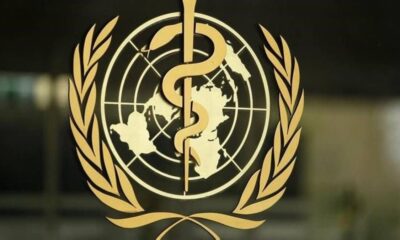
 Latest News16 hours ago
Latest News16 hours ago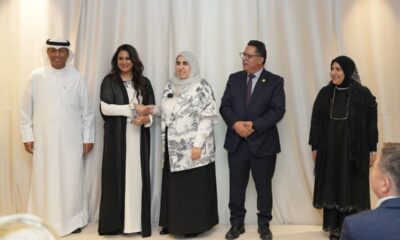
 Latest News21 hours ago
Latest News21 hours ago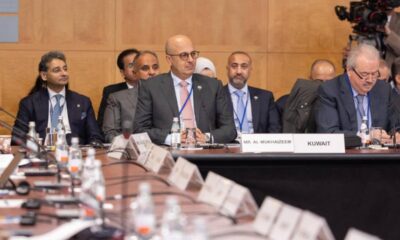
 Latest News23 hours ago
Latest News23 hours ago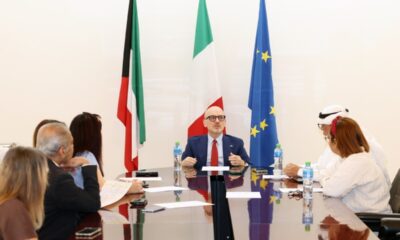
 Latest News18 hours ago
Latest News18 hours ago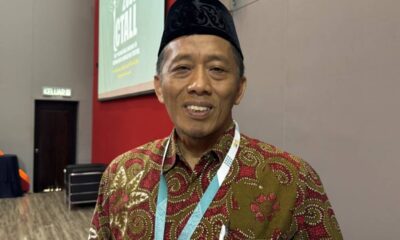
 Latest News20 hours ago
Latest News20 hours ago






